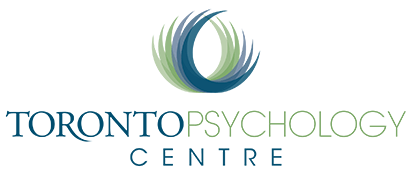
Step By Step: Building Emotional Strength With DBT
What Is DBT?
Dialectical Behaviour Therapy (DBT) is an empirically supported treatment that combines cognitive behaviour theory and behavioural change interventions with mindfulness and acceptance principles and practices. DBT is designed to address difficulties with emotion regulation, impulse control, self-defeating behaviours, and associated interpersonal problems. An overarching aim of this approach is to help you change behavioural, emotional, and thinking patterns in a way that helps you move toward a more meaningful life.
How Does DBT Work?
DBT relies on the dialectical principle that opposites can coexist and be synthesized. In DBT this means finding the balance between seemingly opposing strategies of acceptance and change. For example, you will be helped to accept the reality of your life and understand your responses to it as valid while simultaneously learning to change your life, including dysfunctional behaviours. Through this balance, DBT aims to help change the behavioural, emotional, and thinking patterns associated with problems in living, while promoting the development of and reliance on inner wisdom (i.e., wise mind).
DBT focuses on building acceptance- and change-oriented skills to help you regulate emotions, deal with distressing situations, and improve relationships, which include:
| Mindfulness: | present awareness and focused attention |
| Distress Tolerance: | tolerating painful, or uncomfortable emotions without impulsively reacting, self-soothing and crisis strategies |
| Emotion Regulation: | understanding and changing emotions, building healthy coping & emotional resilience |
| Interpersonal Effectiveness: | building assertiveness, setting boundaries, self-respect |
These skills are explored within an empathic, validating therapy relationship that recognizes your strengths and balances the need for change and problem solving. You will be asked to practice applying these skills outside of therapy to better tolerate life events and improve your ability to interact effectively with others.
Our Approach To DBT
At Toronto Psychology Centre, we offer individual DBT-informed therapy. Individual therapy is one component of DBT and does not include other core modes of a comprehensive DBT program such as group skills training and 24/7 phone coaching. This approach is often used as an adjunct to or integrated with another therapy such as Emotion Focused Therapy (EFT) or Cognitive Behaviour Therapy (CBT) to help you change problematic behaviours and cultivate self-acceptance.
Reach out today and begin working with us to learn skills that help you deal with strong emotions and access your wise mind.
